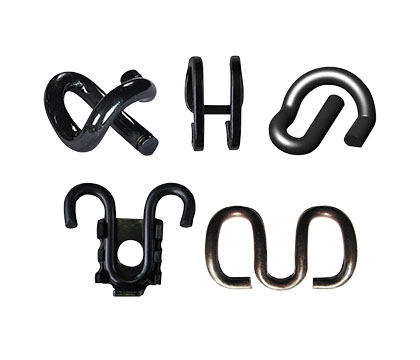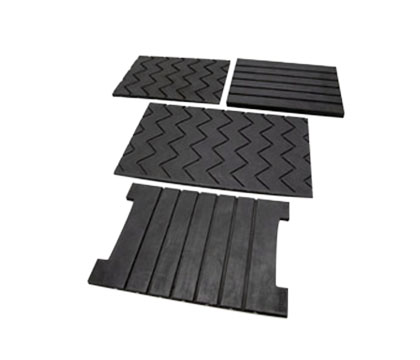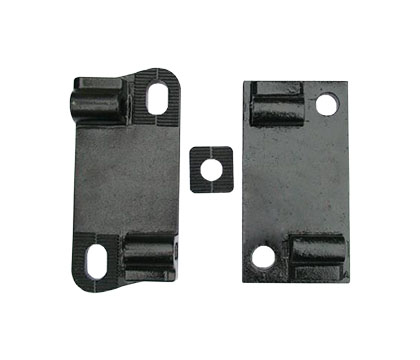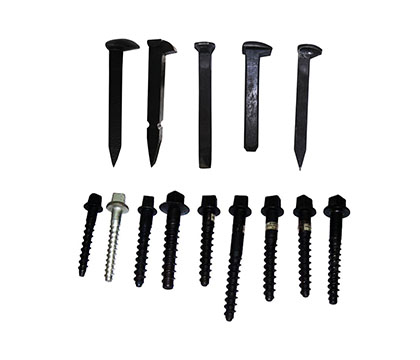In the railway industry, bolts play a crucial role in maintaining the safety and reliability of rail systems. The American Railway Engineering and Maintenance-of-Way Association (AREMA) sets the standards for railway engineering and maintenance in North America, including the specifications for railway bolts. AREMA bolts are designed to withstand the high stresses and strains of railway applications, and are used in a wide range of rail fastening systems. In this article, we will explore the different types of common American standard railway bolts, their specifications, and the areas in which they are commonly used.
What is the AREMA, and what is AREMA bolts
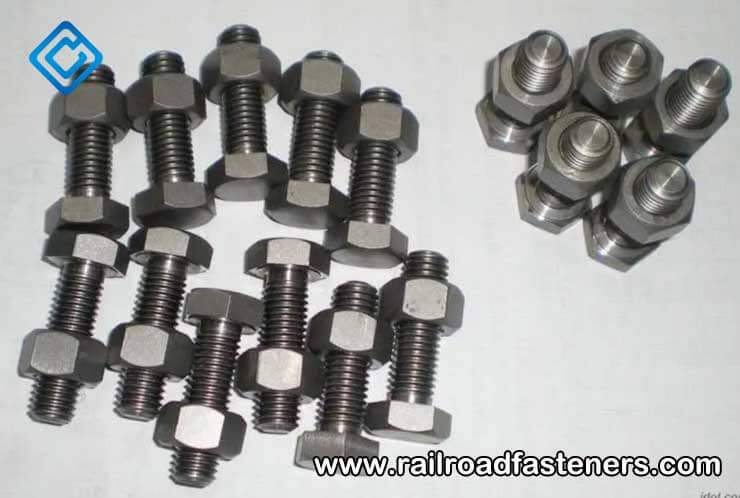
The American Railway Engineering and Maintenance-of-Way Association (AREMA) is a professional organization that focuses on advancing railway engineering and maintenance practices in North America. AREMA provides a wide range of technical resources, standards, and training programs to support the railway industry.
AREMA bolts refer to railway bolts that are designed and manufactured in accordance with the specifications set forth by AREMA. These bolts are commonly used in North America and are designed to meet the demanding requirements of railway construction and maintenance. AREMA bolts are available in a range of types and specifications, including hook bolts, track bolts, and carriage bolts, and they are typically made from high-strength steel or other materials that can withstand the heavy loads and stresses that are imposed on them during railway operation.
Specifications of American Standard Railway Bolts
Railway bolts are classified and described based on their specifications. Understanding the specifications of railway bolts is essential for selecting the right bolt for a particular rail fastening system. American standard railway bolts are designated by their thread size, pitch, length, head shape, and material composition.
Thread Size and Pitch: The thread size refers to the diameter of the bolt's threaded section, while pitch refers to the distance between the threads. Common thread sizes for railway bolts include 1", 1-1/8", 1-1/4", and 1-3/8", while common pitches include 6 threads per inch, 7 threads per inch, and 8 threads per inch.
Length: The length of a railway bolt is measured from under the head to the end of the threaded portion. Common lengths for railway bolts include 4-1/2", 5", 5-1/2", and 6".Head Shape: Railway bolts can have different head shapes depending on their application. For example, the oval neck track bolt has an oval-shaped neck that is designed to prevent the bolt from turning, while the button head track bolt has a flat, circular head that sits flush with the baseplate.
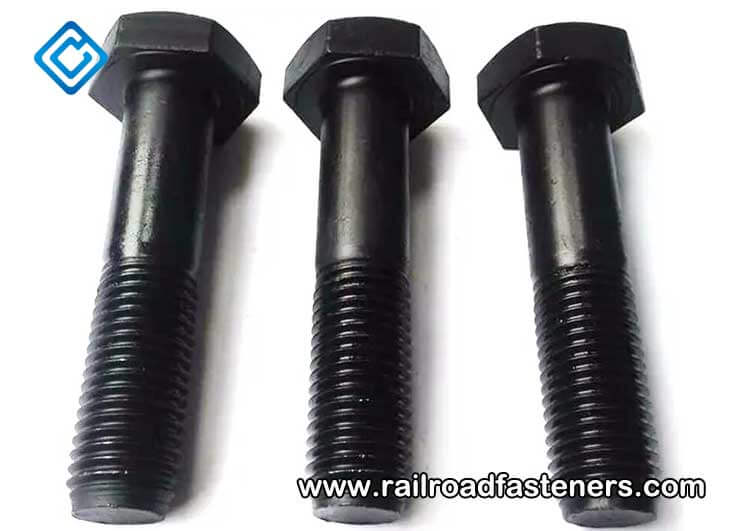
Material Composition: Railway bolts are typically made from high-strength steel, and the material composition can vary depending on the specific application. The most common material compositions for railway bolts include low carbon steel, medium carbon steel, and alloy steel.
In addition to these specifications, railway bolts may also be classified based on their coating or finish, which can affect their performance and durability. Some common coatings and finishes for railway bolts include hot-dip galvanized, black oxide, and plain (uncoated).
Common countries and regions of American standard bolts
American standard rails are primarily used in the United States and Canada. However, they are also used in other countries around the world, particularly in Central and South America. Some countries in Asia, such as Japan, have also imported American standard rails for use in their rail systems.
Railway bolts are critical components of rail systems, and it is important to select the appropriate bolt type and specifications for specific rail applications. AREMA bolts, designed to withstand the high stresses and strains of railway applications, are commonly used in North America and adhere to strict industry standards. By understanding the different types and specifications of railway bolts, as well as their common applications, rail engineers and maintenance personnel can ensure the safety, reliability, and longevity of rail systems.AGICO's American Standard Bolts
As Asia's largest supplier of railway equipment, AGICO can offer high-quality American standard bolt products to the rail industry. Our bolts are designed to meet and exceed the strict industry standards set by the American Railway Engineering and Maintenance-of-Way Association (AREMA), ensuring the highest level of safety and reliability for rail systems.
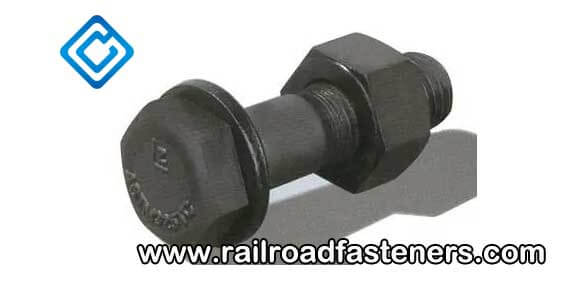
One of the advantages of AGICO's American standard bolt products is their superior strength and durability. Our bolts are made from high-grade materials and are designed to withstand the high stresses and strains of railway applications, ensuring long-lasting and reliable performance. Additionally, our bolts undergo rigorous testing and quality control measures to ensure consistent and reliable performance in a wide range of rail applications.
Another advantage of AGICO's American standard bolt products is our commitment to customer service and support. We work closely with our customers to provide customized solutions that meet their specific needs, and our knowledgeable sales and technical support teams are always available to answer questions and provide guidance.
Overall, AGICO's American standard bolt products offer superior performance, reliability, and support for rail systems. By choosing AGICO for your railway bolt needs, you can have peace of mind knowing that you are working with a trusted partner that is committed to your success.

